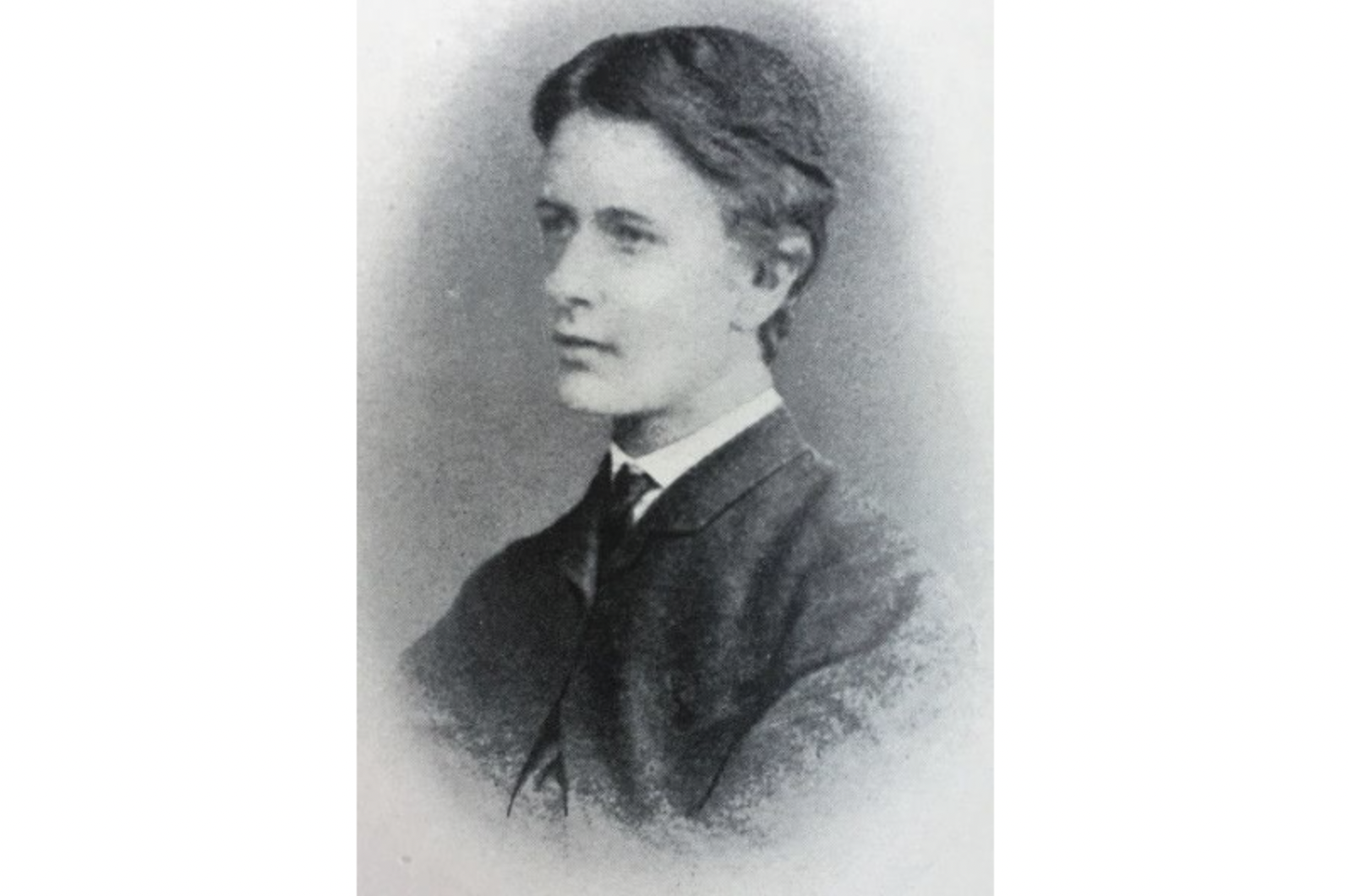100 Heroes: Digby Mackworth Dolben
The gay man who defied convention to write scandalous poetry about boys.

Digby Mackworth Dolben was an English poet who died young from drowning.
He owes his poetic reputation to his cousin, Robert Bridges, poet laureate from 1913 to 1930, who edited a partial edition of his verse, Poems, in 1911.
Digby was born in 1848, in Guernsey, and brought in Northamptonshire. He came from a wealthy, aristocratic family.
Educated at Cheam School and Eton College, studying under the influential Master William Johnson Cory - whose principles of pedagogy and collection of verses Ionica inspired Digby's own poetry.
At Eton, Digby's distant cousin Bridges was his senior and took him under his wing.
Dolben caused considerable scandal at school by his behaviour. He marked his romantic attachment to another pupil a year older than he was, Martin Le Marchant Gosselin, by writing love poetry.
In 1865 on his seventeenth birthday, he was introduced by Bridges, by then an undergraduate at Corpus Christi College, Oxford, to Gerard Manley Hopkins who was at Balliol.
Hopkins was completely taken with Dolben, who was nearly four years his junior, and his private journal for confessions the following year proves how absorbed he was in imperfectly suppressed erotic thoughts of him.
Hopkins kept up a correspondence with Dolben, wrote about him in his diary and composed two poems about the youth, "Where art thou friend" and "The Beginning of the End."
In 1867, Dolben drowned in the River Welland when bathing with the ten-year-old son of his tutor, Rev. C. E. Prichard, Rector of South Luffenham in Rutland. Dolben was then aged 19 and preparing to go up to Oxford.
Bridges guaranteed Dolben's reputation with Three Friends: Memoirs of Digby Mackworth Dolben, Richard Watson Dixon, Henry Bradley (1932), as well as the careful editing of his poetry.